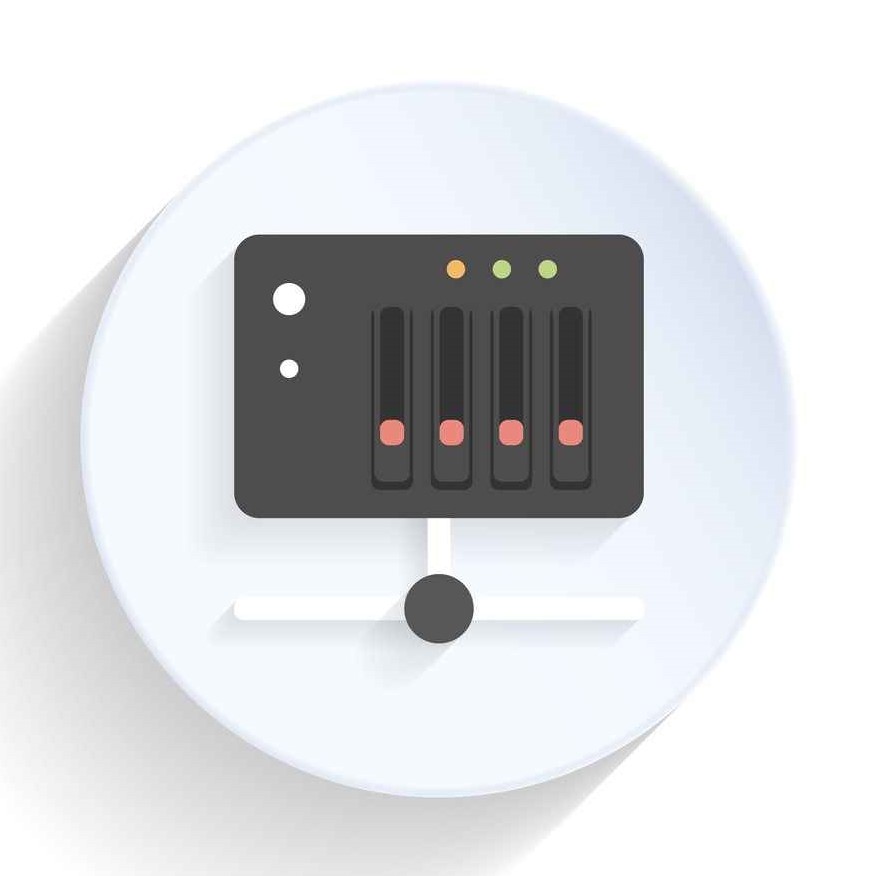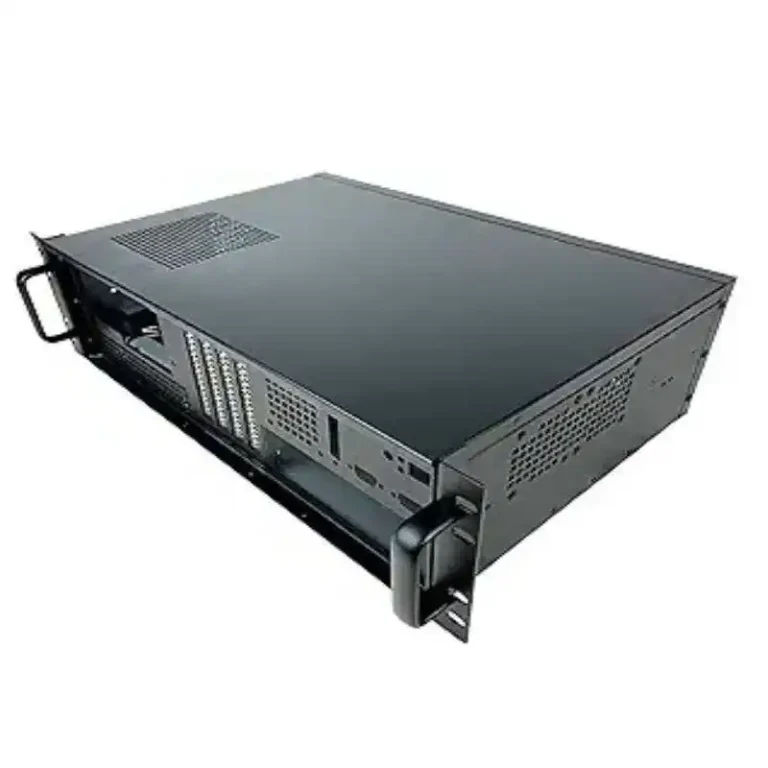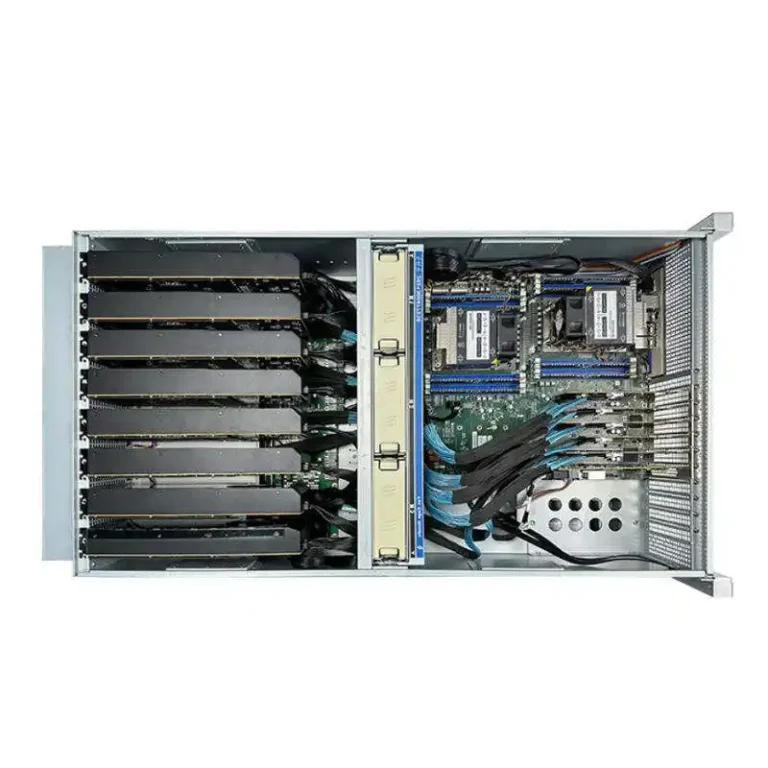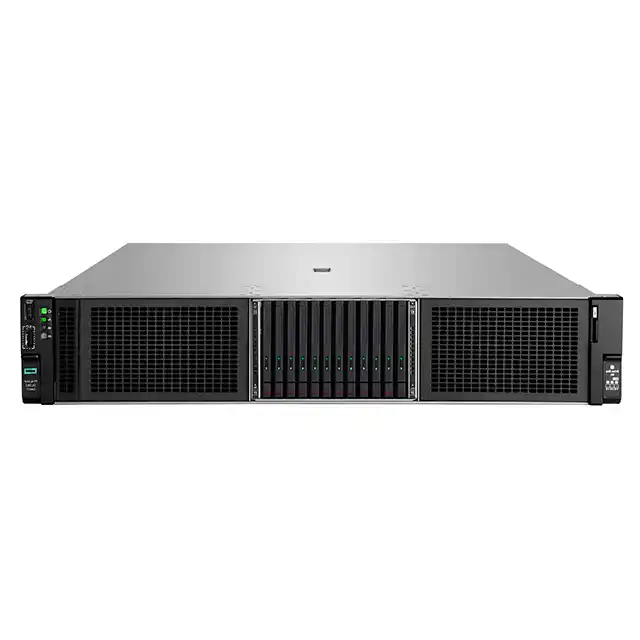If you are managing a network-listening storage system, you know how important it is to run smoothly. Whether you are in a data center, a small business, or even massive data storing a home setup, a malfunction NAS can give rise to important downtime, data loss, or worse, data corruption. In this guide, we will run through general issues, how to repair your NAS, best practices for maintenance, and how nas solutions to istonecase can help you prevent most of these issues.
Common NAS Device Issues: Know What to Look For
Before diving into repair, let’s identify some specific problems that face NAS devices. Knowing them in advance will help you to trouble problems rapidly and prevent further damage.
Hard Drive Failures
One of the most common NAS issues is hard drive failure. Whether it is due to a physical problem (such as damaged reed/right head) or software issues, a failed hard drive can prevent your operation.
| Problem | Cause | Fix |
|---|---|---|
| Hard Drive Failure | Mechanical damage, aging | Replace the hard drive |
| Slow Performance | Fragmented files, drive wear | Reformat or replace disk |
| Data Corruption | Bad sectors, improper shutdown | Use recovery tools or replace disk |
Tip: It is necessary to use enterprise-grade hard drive in your NAS. Cheap consumers cannot withstand hard drives continuously read/write cycles that pass through NAS systems.
Power Issues
Another problem is the power failure, which can be the result of defective power supply unit (PSU) or inconsistent power from your electrical outlet. Without steady power, your NAS will close continuously or fail to boot.
Network Issues
A NAS that is difficult to access or is likely to have a slow pace has network issues. This can be a simple case of configuration or defective Ethernet cable. Sometimes, the issue is a weak wireless connection or poor router setup.
Data Loss and Corruption
Data loss can occur due to hardware failure, software corruption or human error. This is a scary problem, but can be reduced with proper backup strategies and using raid configurations that ensure excessive.
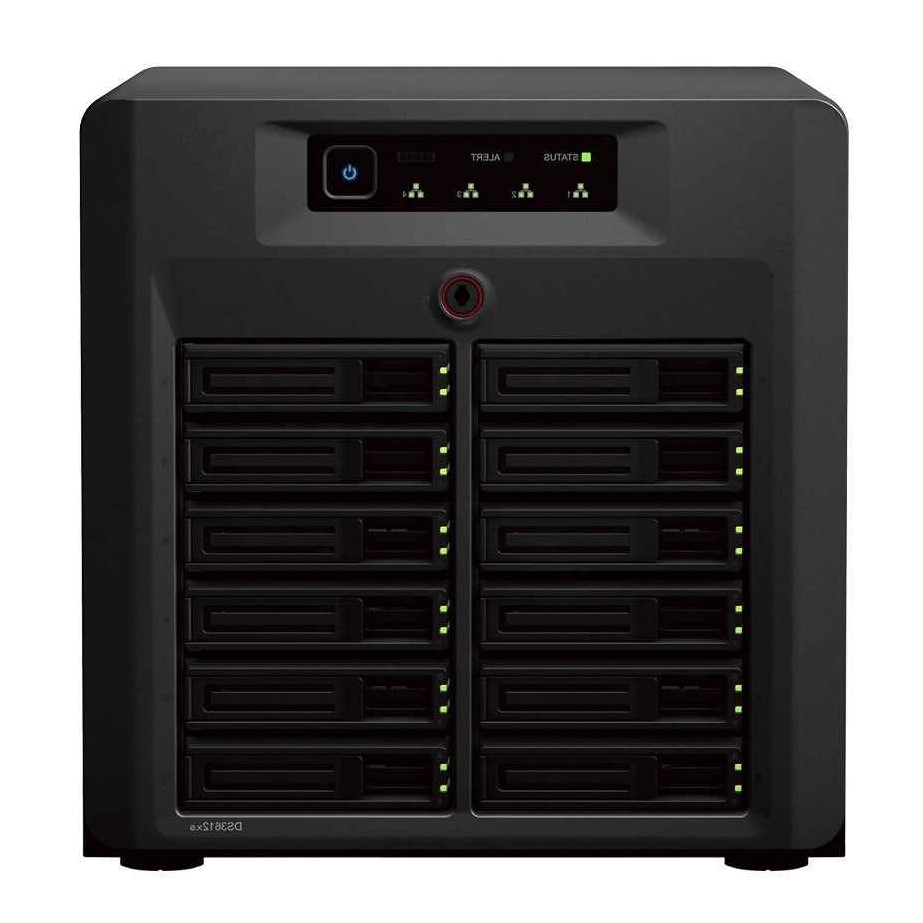
Steps to Repair Your NAS Device
When something goes wrong with your NAS, it’s easy to panic. But a structured repair process can save you time and frustration.
Step 1: Backup Your Data
Always return your data before you do anything. If your NAS is still accessible, transfer your files to another device or external storage. If your device is completely bottom, you may need to rely on data recovery software or professional services.
Step 2: Check Hardware
Observe hardware for any clear indication of failure. Is the hard drive spinned? Are fans going on? Check for overheating or unusual noise from the drive. Close the device and carefully check all the components.
Step 3: Update Firmware
Older firmware can cause bugs, security weaknesses or compatibility with new hardware. If your NAS is accessible, check for available updates and apply them. It can automatically solve some common issues.
Step 4: Reboot and Reset
Sometimes a simple restart or reset wonder can work. Keep your NAS down for a few minutes and restart it. If he does not work, you may want to reset it on factory settings (keep in mind that it will erase your configuration).
Step 5: Replace Faulty Parts
If you have identified the faulty hardware, you have to change it. If it is a hard drive, make sure that you get one with the same specifications or higher. For power supply issues, try to replace the PSU with a new to eliminate the possibility of electricity related mistake.
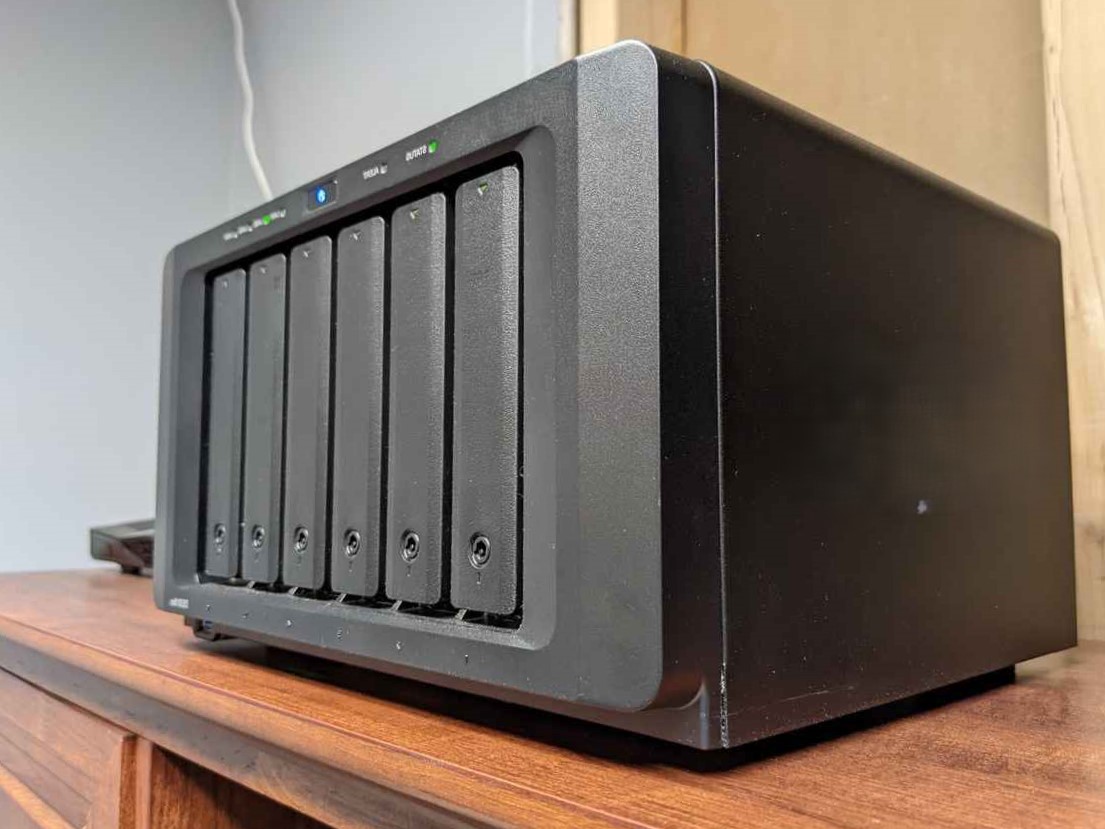
Best Practices for NAS Maintenance
To avoid frequent repairs and downtime, it is important to maintain your NAS properly. Here are some suggestions to keep things in the top shape.
1. Regular Backups
Backup regularly to prevent data loss. Even with raid configuration, a good backup strategy is important. Use external drive or cloud storage to protect your data.
2. Temperature Control
Heat is one of the worst enemies of electronics. Ensure that your NAS is in a well -ventilated area and the cooling system (fan, heatcrink, etc.) is functioning properly. Clean the manufacture of any dust regularly to maintain airflow.
3. Monitor Disk Health
Check the health of your hard drive using regular underlying clinical equipment. Most NAS systems provide smart status reports, which can warns you about potential drive failures before it happens.
| Task | Frequency | Reason |
|---|---|---|
| Backup | Weekly/Monthly | Prevent data loss |
| Temperature Check | Monthly | Ensure proper ventilation |
| Disk Health Check | Monthly | Spot failing drives early |
4. Update Firmware and Software
Keep your firmware updated in the latest version. This ensures that your NAS bug and security are preserved against weaknesses. Additionally, ensure that whatever software you use for management or storage is up to date.
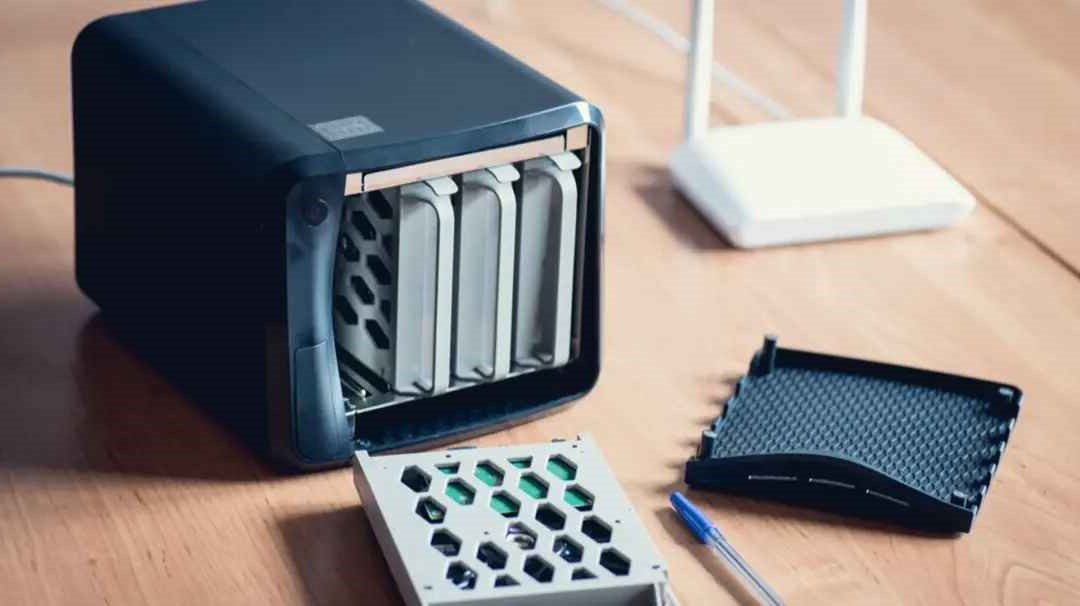
How IStoneCase’s NAS Solutions Help
At IStoneCase, we understand the importance of reliable, long-lasting NAS systems. Our NAS solutions, including 4-Bay, 6-Bay, 8-Bay, 9-Bay, and 12-Bay NAS cases, are designed with durability and optimal cooling in mind. By offering high-quality materials and a modular design, our NAS cases help reduce the risk of overheating, hardware failure, and slow performance.
Custom Solutions for Your Needs: IStoneCase does not sell only off-the-shelf NAS cases; We provide an analog solution through our adaptation server chassis service. Whether you are looking for a specific form factor or special cooling for high-protest applications, we have covered you.
Why Choose IStoneCase?
- High-quality materials: Built to last, our cases prevent common issues like overheating and power failure.
- Customization: We work with you to create a solution that fits your unique requirements, ensuring optimal performance.
- Scalability: Need more bays? Our 8-Bay NAS or 12-Bay NAS can scale to your storage needs, with room for growth.
Example Scenarios for NAS Use
- Data Centers: In high-demand environments, such as data centers, our server rack pc case provides the perfect balance of cooling and durability, ensuring your data storage keeps running without a hitch.
- SMBs: Small and medium businesses benefit from our 4-bay or 6-bay NAS devices. Easy setup, high capacity, and reliable performance make them perfect for daily business operations.
Final Thoughts
Whether you are running a small business or managing the enterprise-level data center, it is important to run your NAS device smoothly. Regular maintenance, such as backuping your data, monitoring disk health and ensuring proper cooling, can protect you from expensive downtime and data loss.
By following these simple stages and using reliable hardware from companies such as IStoneCase, you will be well equipped to run your NAS in your best form for the coming years.
Want to find the perfect NAS case? Visit us at IStoneCase NAS Solutions for a variety of customizable options, from 4-Bay NAS to 12-Bay NAS units.

